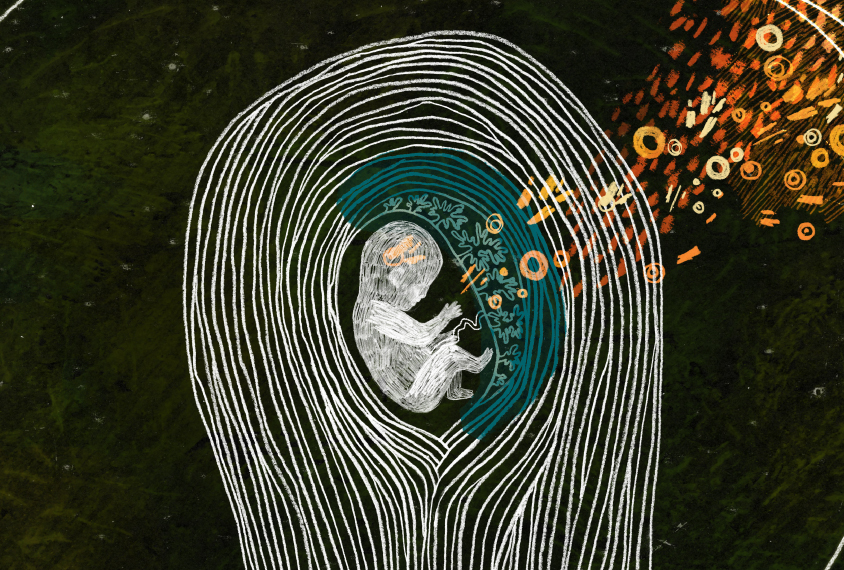Judith Van de Water is professor of internal medicine at the University of California, Davis and director of the UC Davis Center for Children’s Environmental Health.
Judy Van de Water
Professor
University of California, Davis
From this contributor
What the placenta could reveal about autism
Understanding the interactions between the placenta and the uterine lining could explain how maternal immune activation leads to autism.

What the placenta could reveal about autism
Premature ideas
A New York Times opinion column on 25 August suggested that at least some cases of autism could be considered inflammatory disorders. But this theory is still in its infancy.
Explore more from The Transmitter
Organoids and assembloids offer a new window into human brain
These sophisticated 3D cultures reveal previously inaccessible stages of human brain development and enable the systematic study of disease genes.

Organoids and assembloids offer a new window into human brain
These sophisticated 3D cultures reveal previously inaccessible stages of human brain development and enable the systematic study of disease genes.
Who funds your basic neuroscience research? Help The Transmitter compile a list of funding sources
We want to hear from you about the sources of funding for your research.
Who funds your basic neuroscience research? Help The Transmitter compile a list of funding sources
We want to hear from you about the sources of funding for your research.
The future of neuroscience research at U.S. minority-serving institutions is in danger
Cuts to federally funded programs present an existential crisis for the University of Puerto Rico’s rich neuroscience community and for research at minority-serving institutions everywhere.

The future of neuroscience research at U.S. minority-serving institutions is in danger
Cuts to federally funded programs present an existential crisis for the University of Puerto Rico’s rich neuroscience community and for research at minority-serving institutions everywhere.
